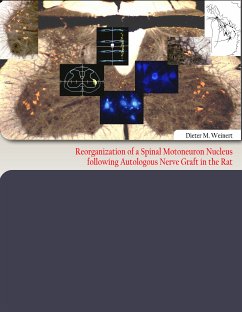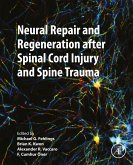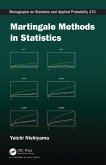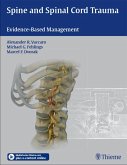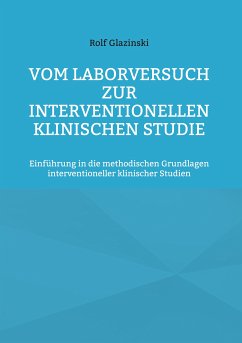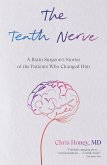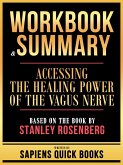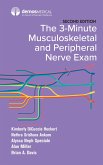Autologous nerve grafts are steadily regarded as the method of choice for bridging the nerve gaps resulting after peripheral nerve lesions with substance defects. Microsurgical techniques and the perineurial suture of corresponding fascicles have improved the functional results following peripheral nerve graft. However, regeneration success is often disappointing, despite the most thorough technique and expertise. The loss of spinal motoneurons associated with a nerve lesion and the growth of axon sprouts in inadequate endoneurial sheaths were held responsible as the reason for the lowered muscular strength, limited movement coordination and fine motor skills, poor differentiation and localization of sensory stimuli and for the lack of tactile gnosis. In this experimental study, it is assumed that the central effects at the level of the spinal motoneuron nuclei show an image of the peripheral misinnervation in topographical-morphological terms, and can supply an explanatory model for the functional motor deficits after peripheral nerve graft. On the other hand, the plastic changes of a motor cell column in the reinnervation process influence the structural-functional relationships of the motor units in a variety of clinically relevant ways.
Dieser Download kann aus rechtlichen Gründen nur mit Rechnungsadresse in A, B, BG, CY, CZ, D, DK, EW, E, FIN, F, GR, H, IRL, I, LT, L, LR, M, NL, PL, P, R, S, SLO, SK ausgeliefert werden.

